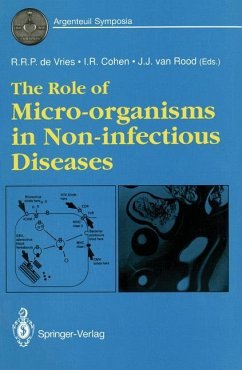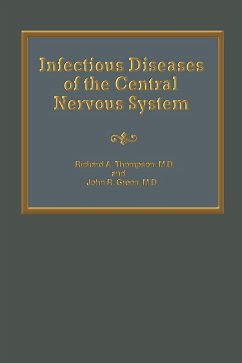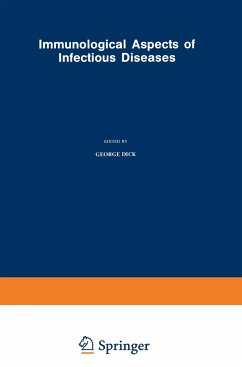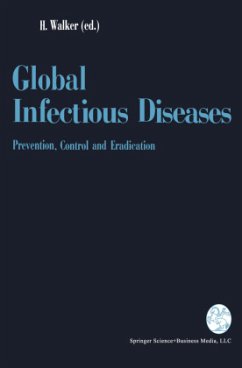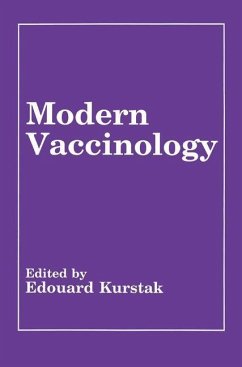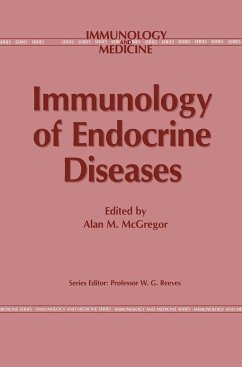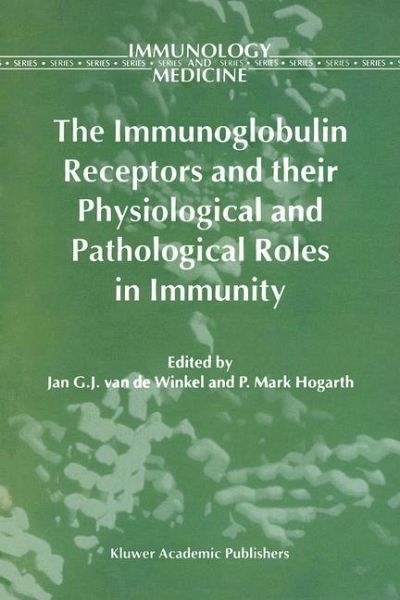
The Immunoglobulin Receptors and their Physiological and Pathological Roles in Immunity

PAYBACK Punkte
76 °P sammeln!
Antibodies are crucial to the fine specificity of the immune system. An effective functioning of these molecules requires interaction with immune cells. Receptors for antibodies, Fc receptors, provide this critical link between the humoral and cellular branches of the immune system. This book presents a comprehensive overview of the different Fc receptors currently recognized. The first part of the book contains state-of-the-art overviews on the biological role of FcR. The latest information on FcR heterogeneity, FcR physiology, FcR-ligand recognition, their crucial coordinating role in immuni...
Antibodies are crucial to the fine specificity of the immune system. An effective functioning of these molecules requires interaction with immune cells. Receptors for antibodies, Fc receptors, provide this critical link between the humoral and cellular branches of the immune system. This book presents a comprehensive overview of the different Fc receptors currently recognized. The first part of the book contains state-of-the-art overviews on the biological role of FcR. The latest information on FcR heterogeneity, FcR physiology, FcR-ligand recognition, their crucial coordinating role in immunity, interactions with other immunoreceptors, and the role of FcR in immunoglobulin transport and catabolism are discussed. The clinical importance of FcR is developed in the second part of the book. The well-recognized roles of FcR in allergy, inflammation, infectious diseases, autoimmune disorders, and immunotherapeutic importance are reviewed. The information in this book is easily accessible and should be helpful for researchers and clinical specialists as a convenient overview of the field, as well as a comprehensive introduction for students starting in this area of research.



